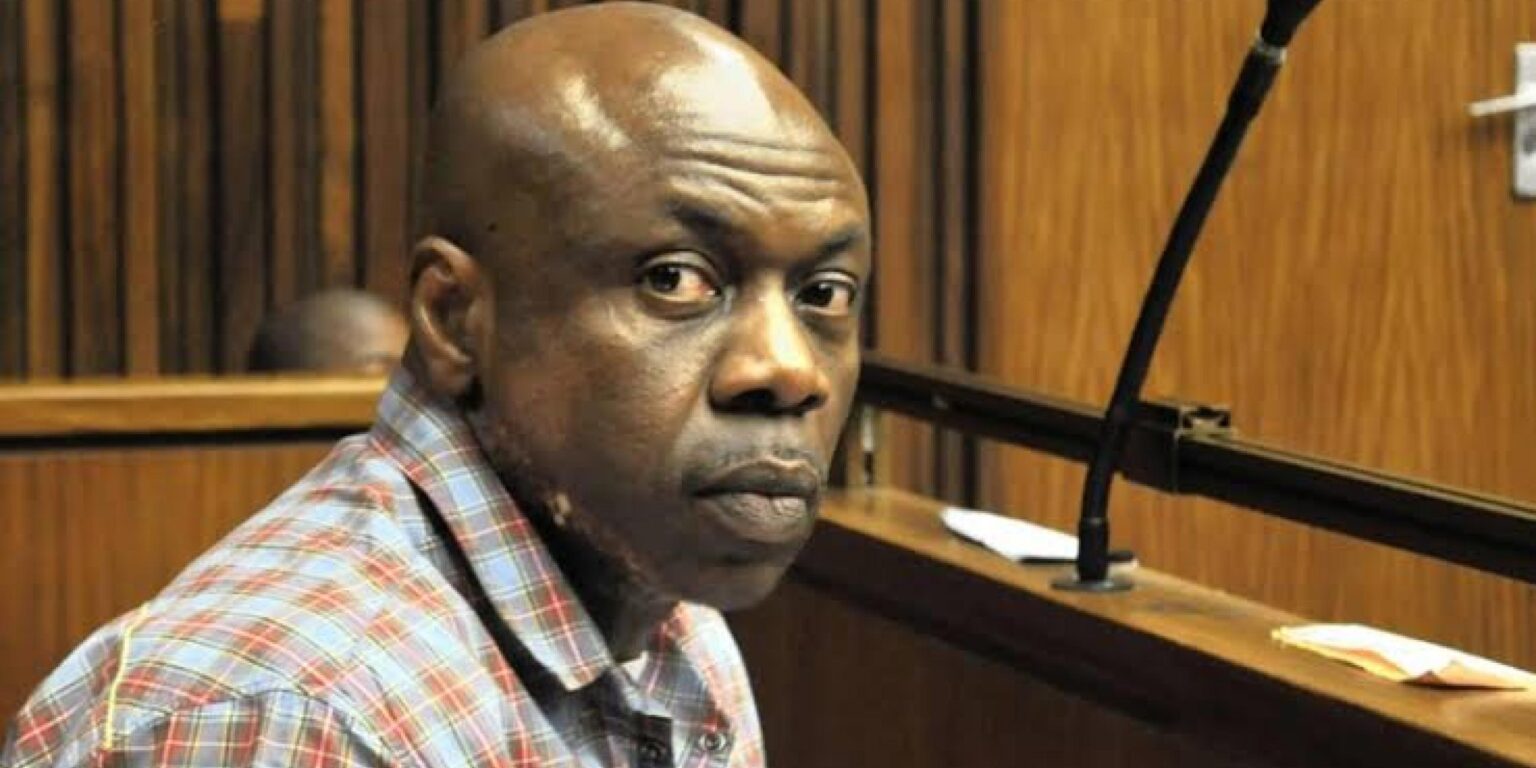Succour appears on the horizon for the imprisoned leader of the Movement for the Emancipation of the Niger Delta (MEND), Henry Okah, as South Africa’s Constitutional Court, on February 18, 2025, issued two orders that open the door for him to submit fresh applications challenging his imprisonment.
These applications are expected to receive urgent consideration.
According to a statement from Okah’s legal team released on Saturday, the February 18 orders followed a decision by South Africa’s Judicial Conduct Committee on February 12, which approved a judicial inquiry into Okah’s allegations of sabotage against former Chief Justice Raymond Zondo.
Okah sought to overturn previous court orders, alleging in case numbers CCT 239/23 and CCT 273/23 that the registrar’s office had unlawfully altered the contents of his primary applications, aiming to undermine their success.
It said, “Given the ruling of the Judicial Conduct Committee, a Coram of the court’s justices comprising Maya., C.J, Kollapen J, Mathopo J, Mhlantla J, Rogers J, Theron J, and Tshiqi J., disregarded Okah’s grounds for seeking the rescission of both prior orders.
“Granting those would have implied acceptance of his allegations against Chief Justice Zondo as fact without conducting an enquiry as directed by the Judicial Conduct Committee.
“Overall, the latest order dismissing both applications entitles Okah to challenge anew the lawfulness of his ‘detention’.
“Okah’s legal position is that the order of the Constitutional Court in S V Okah (2018) ZACC 3, on which basis he is detained, is a nullity because the South African State had omitted to comply with section 15 of South Africa’s domestic anti-terrorism law, which provision confers extraterritorial jurisdiction on a South African court.
“On this argument, his arrest and trial were unlawful, and all courts in South Africa, including the Constitutional Court, lacked the jurisdiction to hear the criminal matter and appeals arising therefrom.”
His legal team said Okah’s challenge to his conviction and imprisonment has presented a unique test case for South Africa’s justice system and its application in the conflict between Nigeria and its oil multinational partners on one hand, and the impoverished people of the oil-rich Niger Delta, on the other hand.
Okah, 59, was given a 24-year jail sentence by a South African court in 2013 as the leader of the Movement for the Emancipation of the Niger Delta (MEND) that took responsibility for an October 1, 2010 car bombing in the Nigerian capital, Abuja, that left several people dead. He was a resident of South Africa at the time of his arrest.
The attack, which targeted Nigeria’s Independence Day celebrations, resulted in several deaths and injuries. MEND, an armed militant group fighting for the rights of the Niger Delta’s oil-producing communities, claimed responsibility for the bombing.
At the time of the attack, Okah was residing in South Africa, where he was subsequently arrested under the country’s anti-terrorism laws, which allow for the prosecution of terrorist acts committed outside South African borders.
In 2013, he was convicted and sentenced to 24 years in prison for terrorism-related charges, including masterminding the Abuja bombing.
Though MEND, which he headed claimed responsibility for the bombing, Okah has consistently denied involvement, maintaining that his trial was politically-motivated due to his activism against the Nigerian government and its dealings with international oil companies.
He argues that the charges were an attempt to suppress the Niger Delta’s struggle for resource control and environmental justice.
The recent legal developments arise from Okah’s claims that his trial and imprisonment were unlawful due to jurisdictional issues.
He contends that South Africa failed to comply with section 15 of its anti-terrorism law, which governs extraterritorial jurisdiction.
This, he argues, rendered his arrest and trial illegal, stripping South African courts, including the Constitutional Court, of the authority to prosecute him.
Adding complexity to the case, Okah accused former South African Chief Justice Raymond Zondo of sabotaging his legal applications by allegedly tampering with court documents.
The Judicial Conduct Committee has approved an inquiry into these allegations, prompting South Africa’s Constitutional Court to allow Okah to file fresh applications challenging his imprisonment.



